To be called beautiful is thought to name something essential to women’s character and concerns. (In contrast to men—whose essence is to be strong, or effective, or competent.) It does not take someone in the throes of advanced feminist awareness to perceive that the way women are taught to be involved with beauty encourages narcissism, reinforces dependence and immaturity. Everybody (women and men) knows that. […] Women are taught to see their bodies in parts, and to evaluate each part separately. Breasts, feet, hips, waistline, neck, eyes, nose, complexion, hair, and so on—each in turn is submitted to an anxious, fretful, often despairing scrutiny.
[…]
[Beauty as a form of power] is always conceived in relation to men; it is not the power to do but the power to attract. It is a power that negates itself. For this power is not one that can be chosen freely—at least, not by women—or renounced without social censure. – Susan Sontag, “A Woman’s Beauty: Put-Down or Power Source?“
I’ve been thinking about this quote for several days: first in its condensed, disconnected self on tumblr, and later in its entirety. Understanding now its context, I know that Sontag’s words concerned another realm, patriarchy and subaltern power – is there such a thing, even if is that power is under the overseer’s gaze? I’m not really into seeking agency in characters/lived people’s experiences anymore, because I believe it disregards point of view away from any gaze. In particular, the idea that subaltern groups did not necessarily see themselves as subaltern, but as individuals within a system that complicates choice. However, Sontag and my thoughts did reach juncture a couple of days ago: can women (or any kind of “gazed-upon” group) reframe the gaze for their own purposes? How can communication serve as a weapon against an unconsensual gaze? What can we use to entail that exchange is on our terms? To be more comfortable?
Being in a graduate program is exhausting. It is not the work itself that is difficult, but the process of which the work becomes. What does this mean? It means bullshit. It means having your essays rebuked because it wasn’t written in the way the instructor wanted it, but when someone else verbalizes the same thing in discussion, they are rewarded for it. It means being hyperaware that being concise is not enough; that subjectivity abounds even in places that you did not mean it to go. There is no control, and there is no map, only suggestions. For me, what I mean is not enough. I have to claim what I say with more vigor, more clarity, to be precise to the sharpest degree. It’s like learning how to be competent in a new language, but the improv is sometimes frowned upon.
It’s one thing to state “I don’t write for you, I don’t talk for you, I speak for myself and my experiences and this is what I want out of my studies and travels” but it’s another to actually embody it. This isn’t about resistance, it’s about indifference. How do you do that?
NHK documentary on Akiko Higashimura
“#WeaponizedFashion” by ClockworkBlack

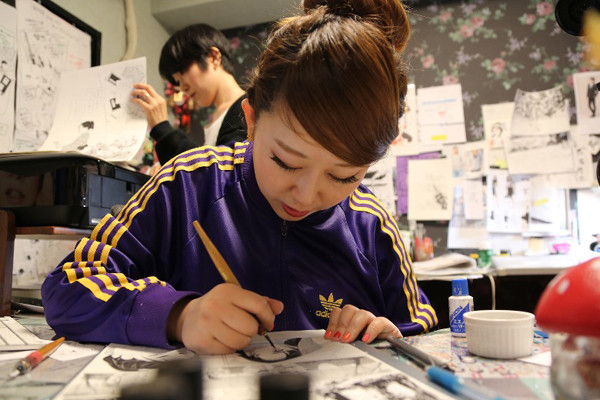
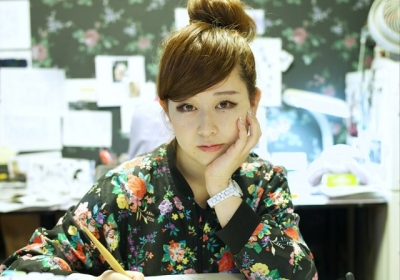

Comments